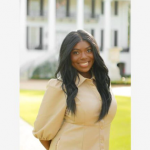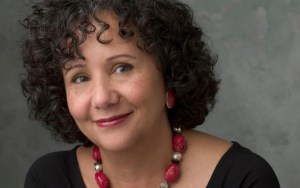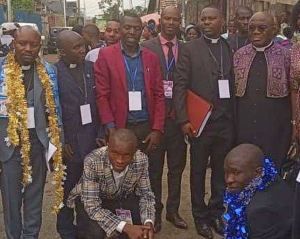By Rebecca Griesbach | rgriesbach@al.com
The Alabama Panhellenic Association elected Deborah Oberkor of Montgomery as its 2023-2024 president. She is the first Black woman to serve in the role in the more than 100 years since APA’s founding.
The organization remained segregated until 2013, when a Crimson White investigation revealed that APA sororities barred at least two Black women from recruitment. National news attention and demonstrations later prompted the organization to reopen its bidding process.
Since then, Panhellenic sororities have made some progress in diversifying, but still don’t reflect the campus’s demographics. APA sororities were about 89 percent white in 2021, down from 96 percent in 2011, according to university data. Chapter members and officers are now required to complete a number of diversity trainings surrounding the recruiting process.
Oberkor said she was encouraged to join a Panhellenic sorority after seeing friends from high school and other women of color involved in APA. Now she wants to be that example for others, she said.
“Just to be someone that they can look and see, ‘Oh, well if she can do it, I can totally do it. I can pursue anything I want’ – I think that’s really the most important part for me,” said Oberkor, who is a current member of the Zeta chapter of Kappa Delta. “I just really want to be someone that people can kind of see as representation.”
Oberkor, a junior majoring in chemical engineering, also has held several posts in the student government. She currently serves as the APA’s vice president.
“To know Debby is to love her,” UA’s Kappa Delta Chapter wrote in an Instagram post. “She’s the hardest worker and the most compassionate friend. We cannot wait to watch her lead the Panhellenic community.”
Oberkor will formally take over as APA president on Nov. 15. She plans to continue her work to enact programming around sexual assault awareness, mental health improvement and professional development in sorority chapters. She also plans to improve engagement with each of the four Greek councils on campus.
But most of all, she wants to be accessible to others.
“I really want to be someone that is known to always be there for people and be a resource if they need it,” she said. “I want, going into the future, for this person to be known as really personable and really caring about her constituents and the people that she’s around.”











